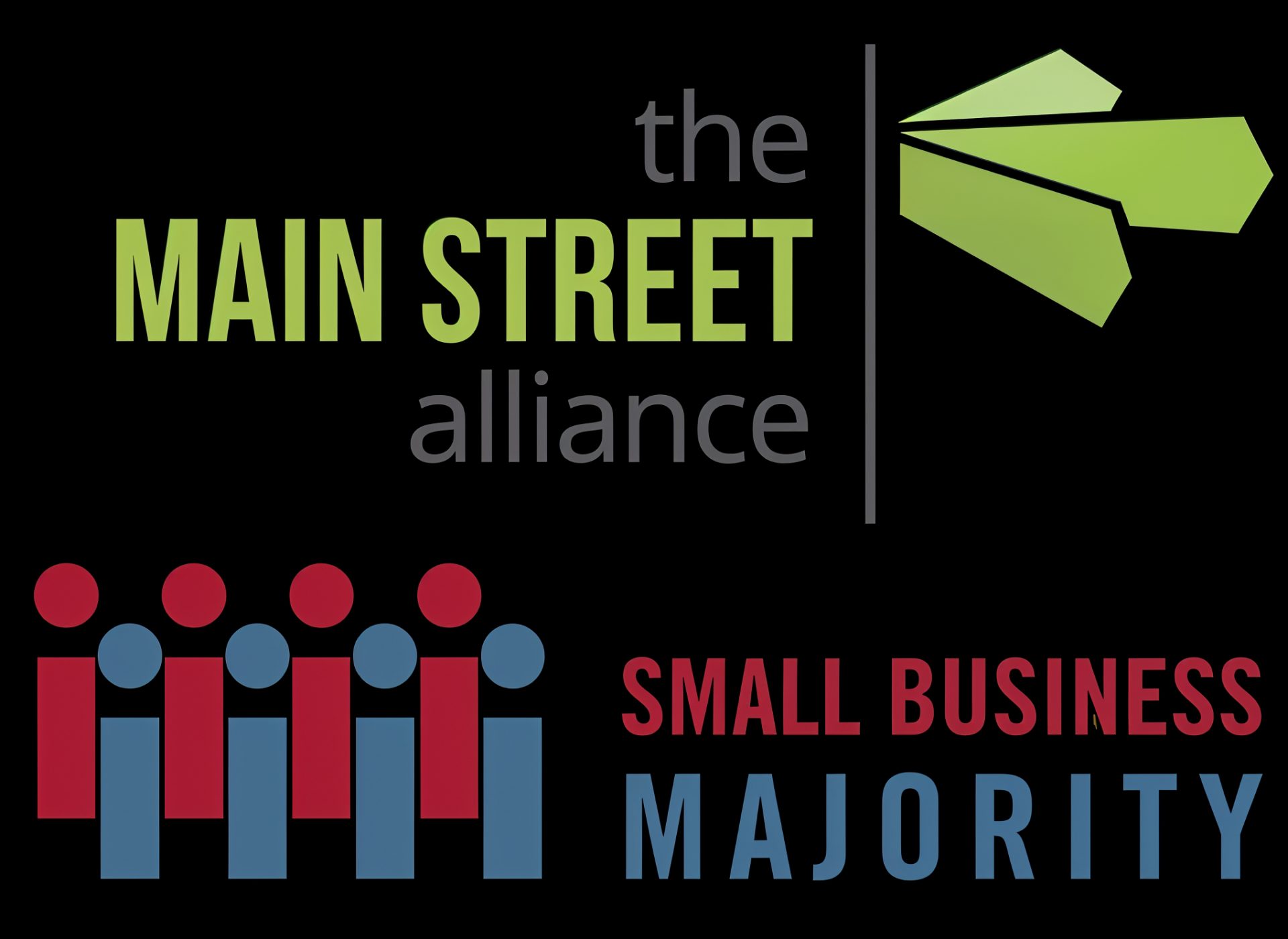The Main Street Alliance and Small Business Majority have launched the Small Business Tax Fairness Coalition (SBTF), a national initiative to advocate for a U.S. tax code that prioritizes the needs of America’s entrepreneurs.
This partnership comes as Congress prepares to renegotiate the Tax Cuts and Jobs Act (TCJA) ahead of the sunset of many of its key provisions in 2025—a pivotal moment for small businesses across the country.
Small business advocates say the tax code disproportionately benefits large corporations and high-income individuals, leaving small business owners with limited support. According to recent research by Small Business Majority, 82% of small businesses believe the tax system favors large corporations. Moreover, data shows that the 20% pass-through deduction under the TCJA has funneled 70% of its benefits to the top 4.5% of recipients—primarily white-owned firms—leaving many small, minority-owned businesses behind.
“The current tax system does not reflect the vital contributions of small business owners to our economy,” Small Business Majority CEO John Arensmeyer said in a statement. “With this partnership, we aim to ensure that tax policy reflects the needs of the smallest, most underserved businesses that drive job creation and local economic growth.”
The SBTF will focus on two core areas, according to a media release:
1. Implementing bottom-up tax reform for Main Street
Reformed pass-through deduction: Adjust the 20% 199A small business pass-through deduction to benefit lower- and middle-income business owners, ensuring equitable support across all business types. This includes a potential standard deduction for all small businesses instead of the current deduction that favors those with larger profits and higher marginal rates.
Care economy investments: Advocate for maintaining the expanded Affordable Care Act Premium Tax Credit and expanding the Child Tax Credit, enabling small businesses to attract and retain employees through affordable healthcare and childcare access.
2. Revenue raisers
Corporate tax rate: Advocate for a fair corporate tax rate that balances the playing field between large corporations and small businesses. According to recent data, only 5% of all small businesses are organized as C-corporations.
IRS funding: Push to maintain robust IRS funding to ensure large corporations are paying what they owe while ensuring better customer service and tax assistance for small businesses.
As Congress debates the future of the tax code, small business advocates say entrepreneurs have a chance to shape policies that directly impact their livelihoods. The Main Street Alliance and Small Business Majority say they will elevate the voices of small business owners through:
- Surveys and data collection to capture the challenges faced by small businesses;
- Testimonial campaigns to share real-world impacts of the tax code on small businesses; and
- Advocacy events, including one or more “fly-ins” where small business owners meet directly with lawmakers.
“Small businesses are the backbone of our communities, yet they often bear an outsized tax burden. Through SBTF, we are giving entrepreneurs a powerful platform to advocate for equitable tax reforms that prioritize Main Street over Wall Street,” said Main Street Alliance Executive Director Richard Trent.
Thanks for reading CPA Practice Advisor!
Subscribe Already registered? Log In
Need more information? Read the FAQs




